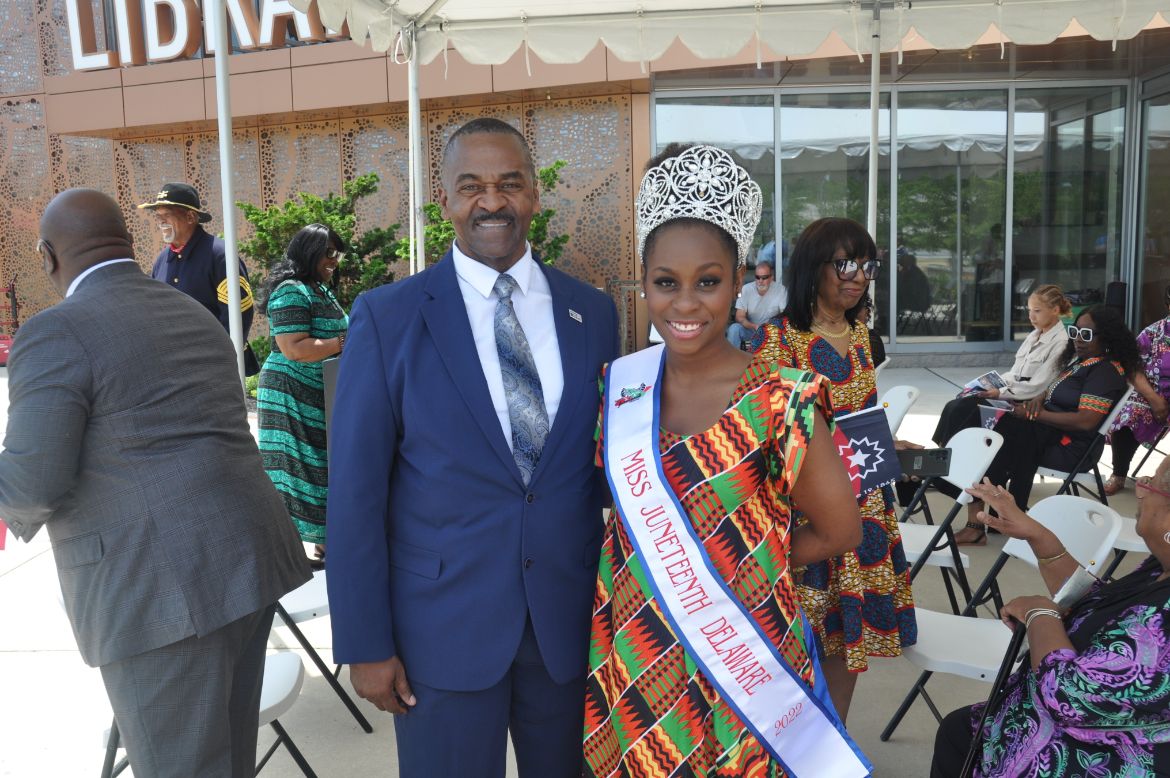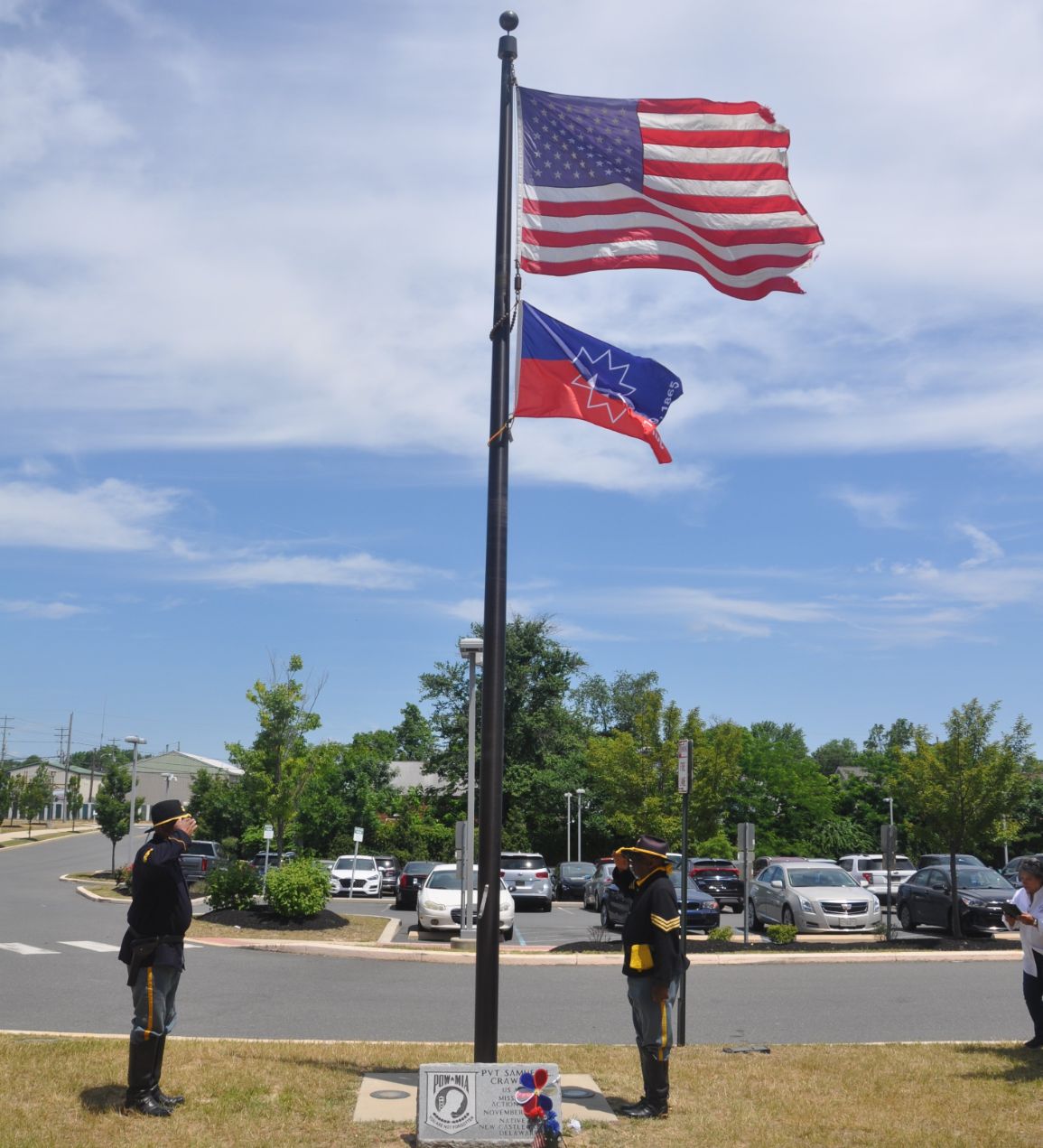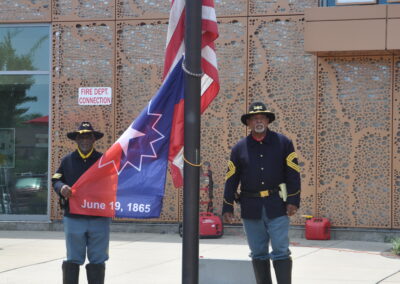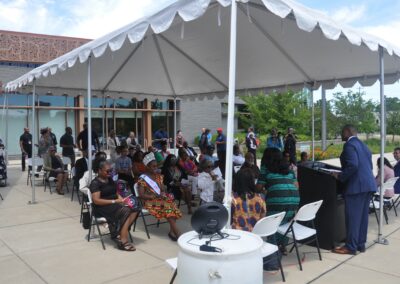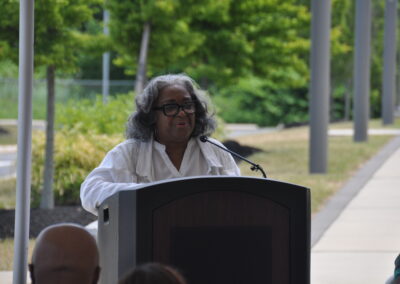The History of Juneteenth
Juneteenth, also known as Emancipation Day, Jubilee Day, or Freedom Day, is a Federal holiday that holds deep historical and cultural importance in the United States. Observed annually on June 19th, Juneteenth commemorates the emancipation of enslaved African Americans and represents a pivotal moment in the ongoing struggle for equality and justice.
Juneteenth traces its origins back to June 19, 1865, when Union General Gordon Granger arrived in Galveston, Texas, as head of a post-Civil War occupation force, and announced General Order No. 3, declaring that all enslaved people in Texas were free. This proclamation came more than two years after the Emancipation Proclamation had been issued by President Abraham Lincoln, which was known in Texas but was largely ignored. Juneteenth serves as a powerful reminder of the delayed news of freedom reaching enslaved individuals in the most remote parts of the country, symbolizing the resilience, strength, and determination of the African American community.
Juneteenth celebrations often include various cultural and historical symbols. The Juneteenth flag, designed by Ben Haith, consists of a star representing Texas and a bursting outline that symbolizes the new freedom of the enslaved. Red, white, and blue colors evoke the American flag, signifying that African Americans are an integral part of the nation’s history and identity.

The Juneteenth flag designed by Ben Haith, consists of a star representing Texas and a bursting outline that symbolizes the new freedom of the enslaved.
Community gatherings during Juneteenth feature parades, cookouts, music, dance, and educational events. These celebrations serve as opportunities for people of all backgrounds to come together, learn from the past, and reflect on the importance of racial equality.
Juneteenth’s significance extends beyond its historical context. It stands as a reminder of the work that still needs to be done to eradicate systemic racism and achieve true equality for all. It calls upon individuals and communities to engage in conversations about racial justice, allyship, and the ongoing struggle against discrimination. Juneteenth serves as a catalyst for promoting social awareness, education, and empathy.
Juneteenth stands as a powerful testament to the endurance, strength, and resilience of the African American community. It serves as a reminder of the struggles faced by those who fought for freedom and justice, as well as a call to action for a more inclusive and equitable society. As we commemorate Juneteenth, we should reflect on the past, educate ourselves, and work together to create a future where every individual is treated with dignity, respect, and equality. Juneteenth is not only a celebration of freedom, but also a commitment to continue the journey towards a more just and inclusive society for all.
Celebrating Juneteenth in Delaware
Delaware celebrates Juneteenth with events statewide. Here are some to choose from:
- Juneteenth Celebration –Saturday, June 17, 10 am – 3 pm, Richard Allen School, 316 S Railroad Ave, Georgetown
- Juneteenth: Standing Up and Breaking Free – Saturday, June 17, 2 pm, George Wilson Community Center, 303 New London Rd, Newark
- Juneteenth Celebration – Monday, June 19, 12 pm, Legislative Mall, 410 Legislative Ave, Dover
- Say Their Name Juneteenth 2023 – Monday, June 19, 3pm, Cooches Bridge Historic Site, 961 Old Baltimore Pike, Newark
United Way of Delaware fights every day to create a future where every individual is treated with dignity, respect, and equality. The Delaware Racial Justice Collaborative (DRJC), led by UWDE, exists to end systemic racism in Delaware. #Juneteenth #Freedom #Equality #Justice #BlackLivesMatter #JoinTheFight #LiveUnited
John Moore, Director – Philanthropy and Engagement with Trinity Evans, Miss Delaware Juneteenth 2022.
Delaware Juneteenth Association’s celebration of the raising of the Juneteenth flag at the Route 9 Library.


